Biden’s $4.5 Billion ‘Racist Highway’ Removal Program Faces Uncertain Future
The Biden-Harris administration has committed $4.5 billion to remove inner-city highways that are seen as remnants of systemic racism. These highways, built in the mid-20th century, often cut through minority neighborhoods, dividing communities and causing lasting economic and social damage.
But as the end of Biden’s term approaches, the future of this ambitious plan remains uncertain.
The President of the United States
Joe Biden officially became President of the United States following his inauguration on January 20, 2021.
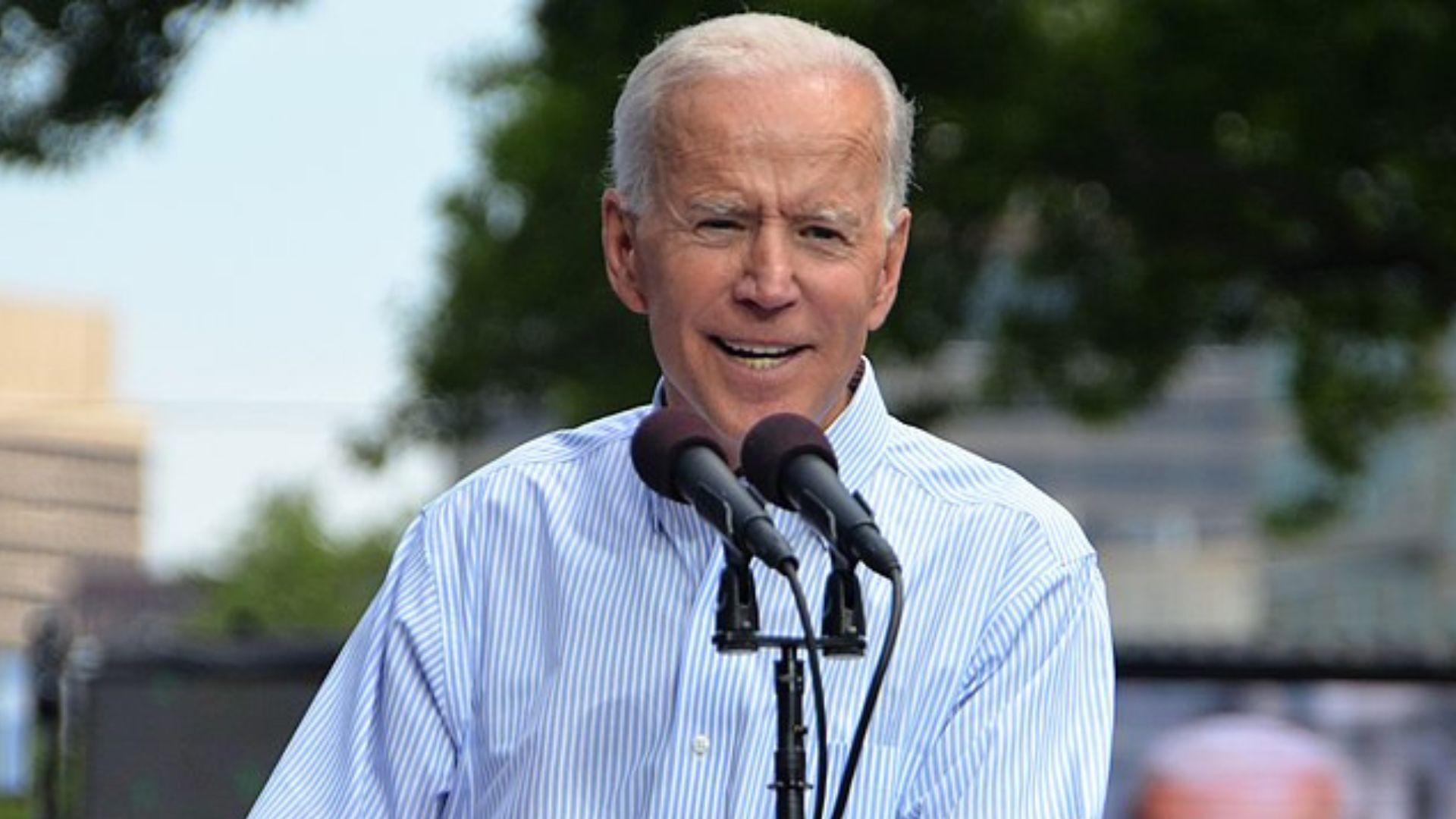
Source: Michael Stokes/Wikimedia Commons
The 46th president, alongside his vice-president Kamala Harris and their wider administration, have sought to employ various projects that could help America become a better place for all ethnic groups to live.
Biden Leaves a Lasting Impact on the US
Democrats believe the Biden Administration has made significant changes to the nation during its tenure as leader, much of which will leave a lasting impact on the US.
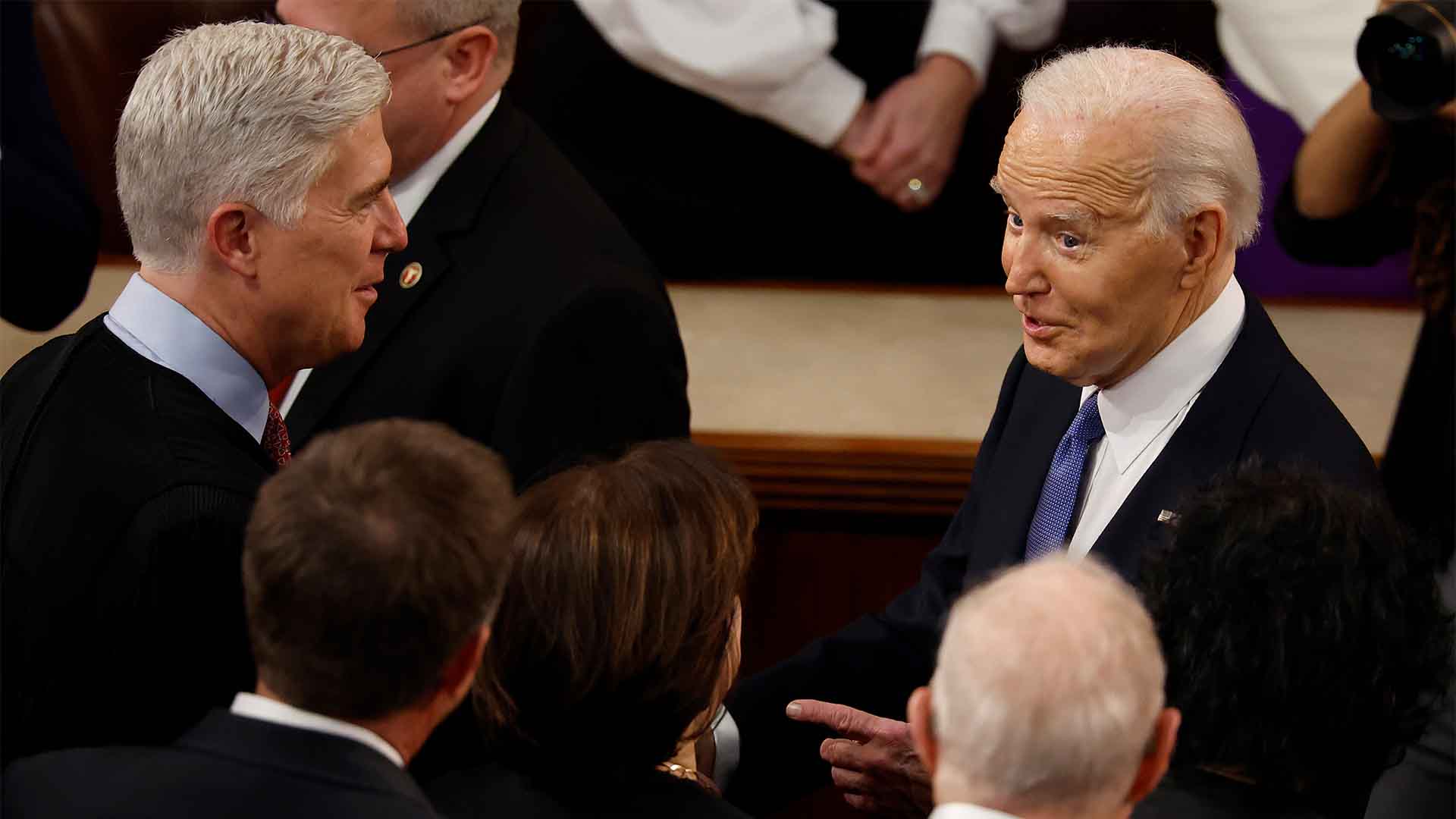
Source: Chip Somodevilla/Getty Images
From the Administration’s overtime guarantee for millions of American workers to their reinvigoration of cleaner energy programs and even reducing the chances of another event such as the Jan. 6 riots, Democrats are pleased with the progress the nation has made under Biden.
The Highway Removal Program
Over the past three years, the Biden Administration has also proposed various projects aimed at bettering the nation, including its highway initiative.
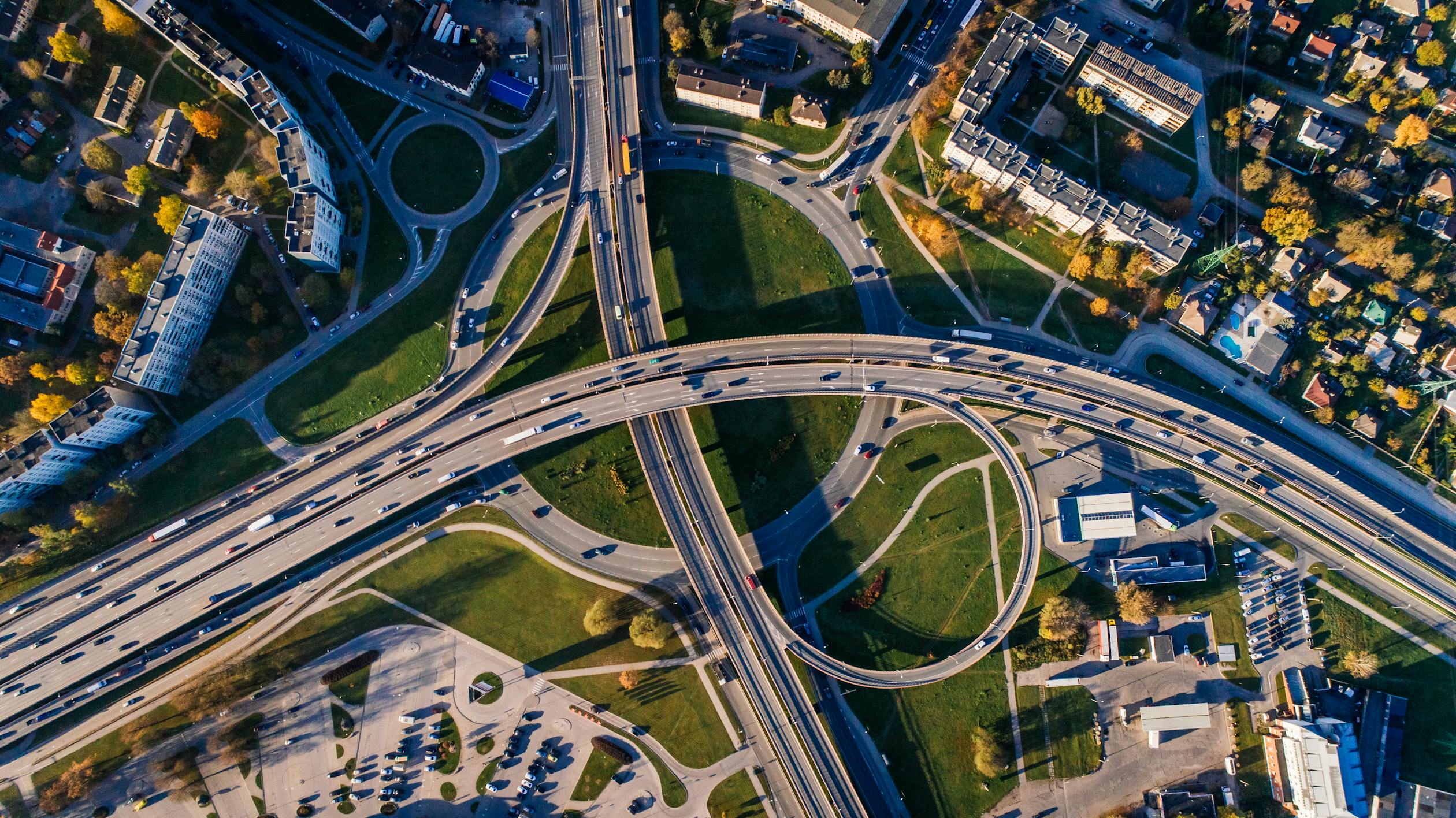
Source: Aleksejs Bergmanis/Pexels
Alongside Congress, Biden has set aside billions of dollars to rip down sections of highways that run through urban communities in various states throughout the US.
The Rationale Behind the Initiative
The highway removal effort aims to reconnect communities separated by roadways and heal the scars left by past infrastructure decisions.

Source: Wikimedia
Transportation Secretary Pete Buttigieg stated in 2021, “There is racism physically built into some of our highways.”
The Removal of Highways
The Biden administration proposes that the highway removal projects would create many jobs for local economies, reduce overall emissions in urban areas, and foster equity in urban development.
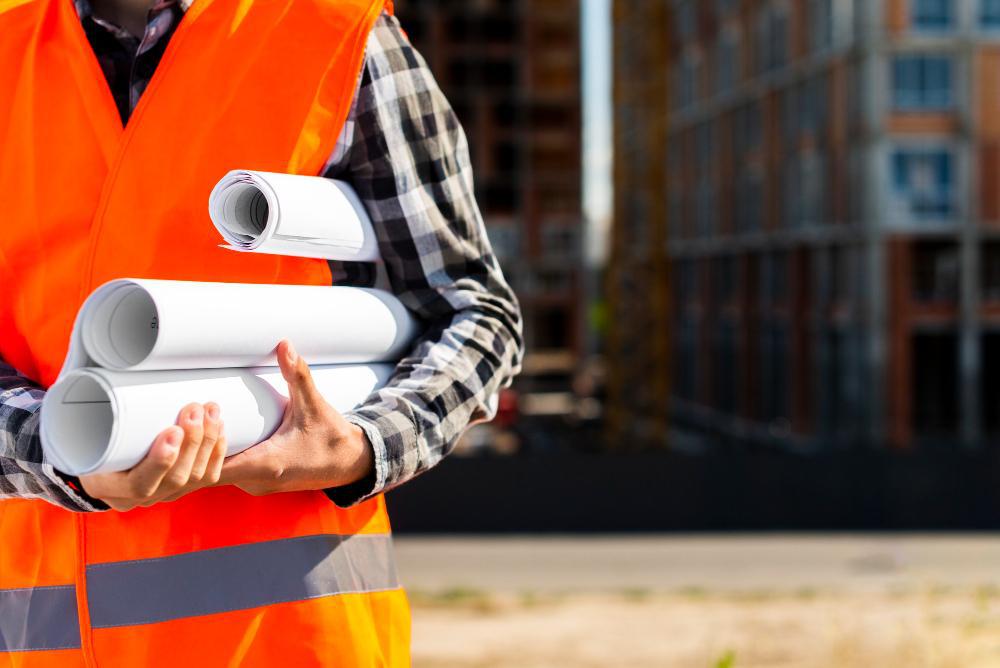
Source: Wikimedia
Most importantly, they would break up divisions between local communities. But, the project appears to have stalled in some states.
Financial Commitment and Legislative Support
Congress allocated around $4.2 billion for these highway removal projects through two major laws passed in 2021 and 2022. The “Reconnecting Communities” pilot program received $1 billion, and another $3 billion was set aside for “Neighborhood Access and Equity” grants.

Source: Cytonn Photography/Pexels
These funds were intended to help cities across the U.S. remove highways and reconnect urban neighborhoods.
Early Successes and Challenges in Syracuse and Rochester
In places like Syracuse and Rochester, New York, local officials have worked for years to remove highways dividing their cities.

Source: Pixabay/Pexels
Rochester’s successful removal of a part of its Inner Loop in 2014 has inspired similar projects, demonstrating both the benefits and challenges of such undertakings.
Biden Administration Sets Aside $180 Million For Syracuse
The Biden administration has also set aside over $180 million for the city of Syracuse, located in Onondaga County, New York.
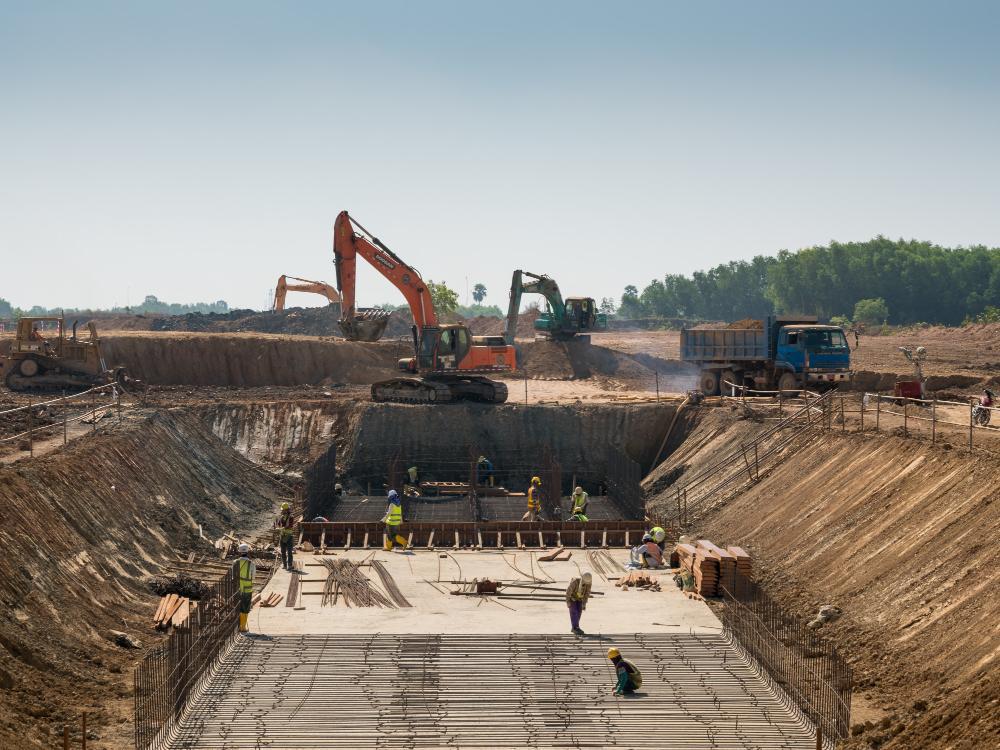
Source: Freepik
This money will eventually go towards helping remove a section of Interstate 81, which currency runs through various neighborhoods. It will also modernize streets, improve local parks, and increase green spaces.
Communities Separated by I-81
U.S. Senate Majority Leader Chuck Schumer’s office explained the construction of I-81 separated communities in Syracuse.
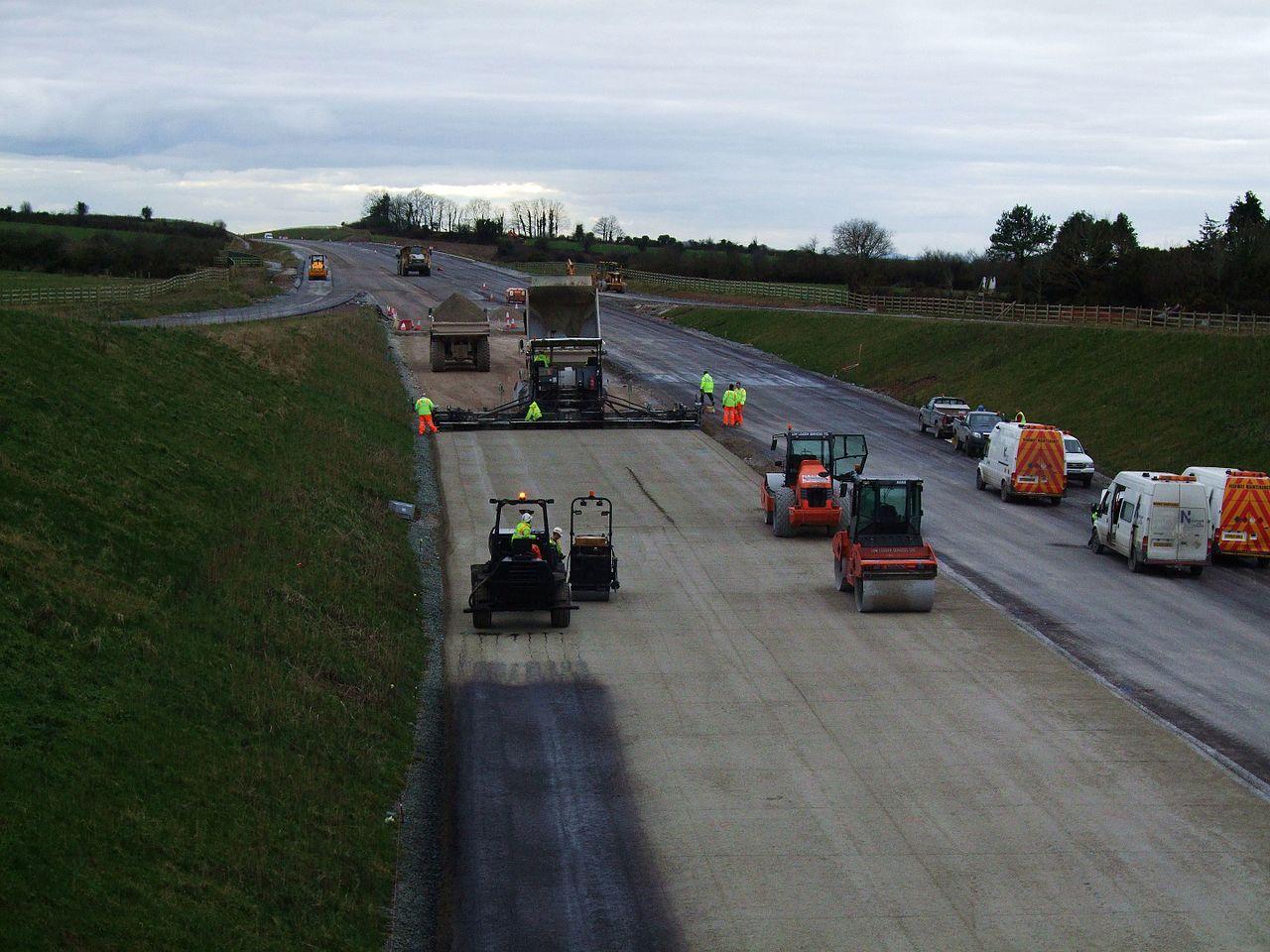
Source: Wikimedia
“When I-81 was built, it cut through the heart of Syracuse; it fractured a once vibrant neighborhood and left scars of systemic inequality that are felt to this day,” he said.
Federal Government Step In to Fix Problems
Schumer’s office claims the Federal government is doing the right thing by taking accountability for the invasive nature of I-81 and correcting its mistakes.
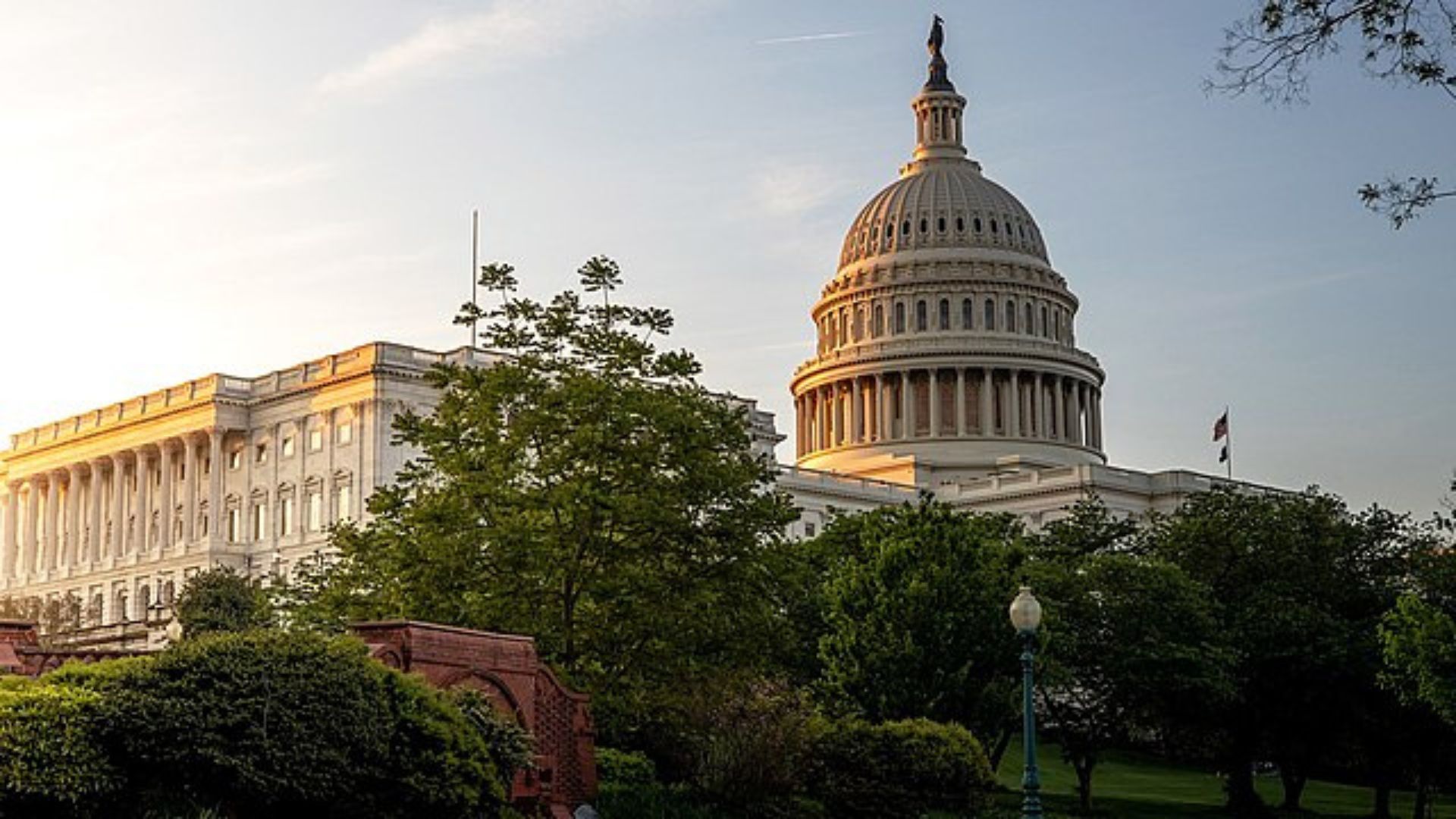
Source: Public Domain/Wikipedia Commons
“Federal policies are what created the concrete walls of I-81 that divided Syracuse neighborhoods, and today, the federal government is stepping up to right that historical wrong,” he said.
Slow Progress in Funding Allocation
Despite the ambitious goals, progress has been slow even though the Transportation Department announced that around $3.5 billion in grants associated with the programs are available.

Source: Freepik
As of now, only about 4% of the $3.5 billion in announced grants has been fully obligated by the Department of Transportation.
Problems With the Grants
Unlike regular highway funds, which can be easily allocated and put to use as they are distributed by the state, Federal grants are slightly more problematic.

Source: Wikimedia
Many federal grants require local agencies to sign funding agreements with the federal government, a process that has proven time-consuming and complex.
Extended Waits With Federal Grants
Department of Transport spokesperson Sean Manning explained that it’s normal to see longer delays so far as federal grants are concerned.
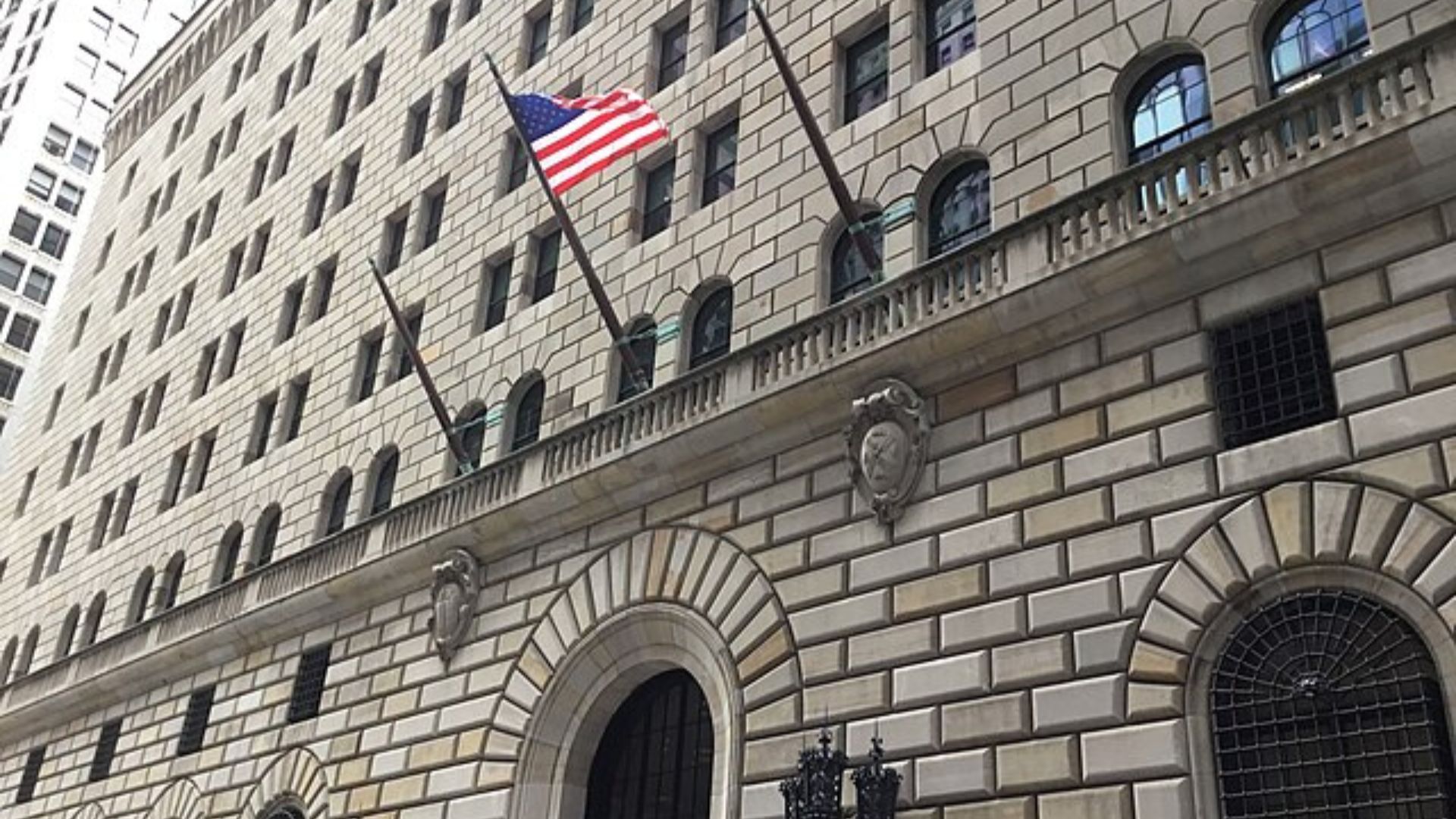
Source: Kidfly182/Wikipedia Commons
“Every week, we are seeing more and more grant agreements signed, and we expect agreements for many of the most significant projects to be completed by January, including for the project in Syracuse,” he said.
Potential Impact of a Trump Administration
If former President Donald Trump wins a second term, the future of the highway removal initiative could be in jeopardy. A new administration might prioritize different infrastructure projects or change the criteria for awarding grants.

Source: Joe Raedle/Getty Images
Equity, a core principle guiding the current grants, could be removed, shifting the focus away from rebuilding communities of color.
Trump Set to Reform Congressional Spending
Trump has said on several occasions that if he wins a second term as President of the US, he will bring congressional spending under control, which could result in the cancellation of several federal programs.

Source: Wikimedia
This has left proponents of the highway initiative worried, with some arguing the president should have no say in federal programs.
Heritage Foundation’s Project 2025
The Controversial Heritage Foundation’s Project 2025, which is associated with Trump yet aims to inspire future conservative leaders, has called for an end to grants such as the freeway removal program.

Source: Freepik
“These policies include a focus on ‘equity,’ a nebulous concept that in practice means awarding grants to favored identity groups,” the plan states.
DOT’s Efforts to Expedite Funding Agreements
In response to the slow pace of progress, the Department of Transportation has been working to expedite the grant process. They are providing technical assistance and expediting paperwork with local sponsors to ensure agreements are signed.
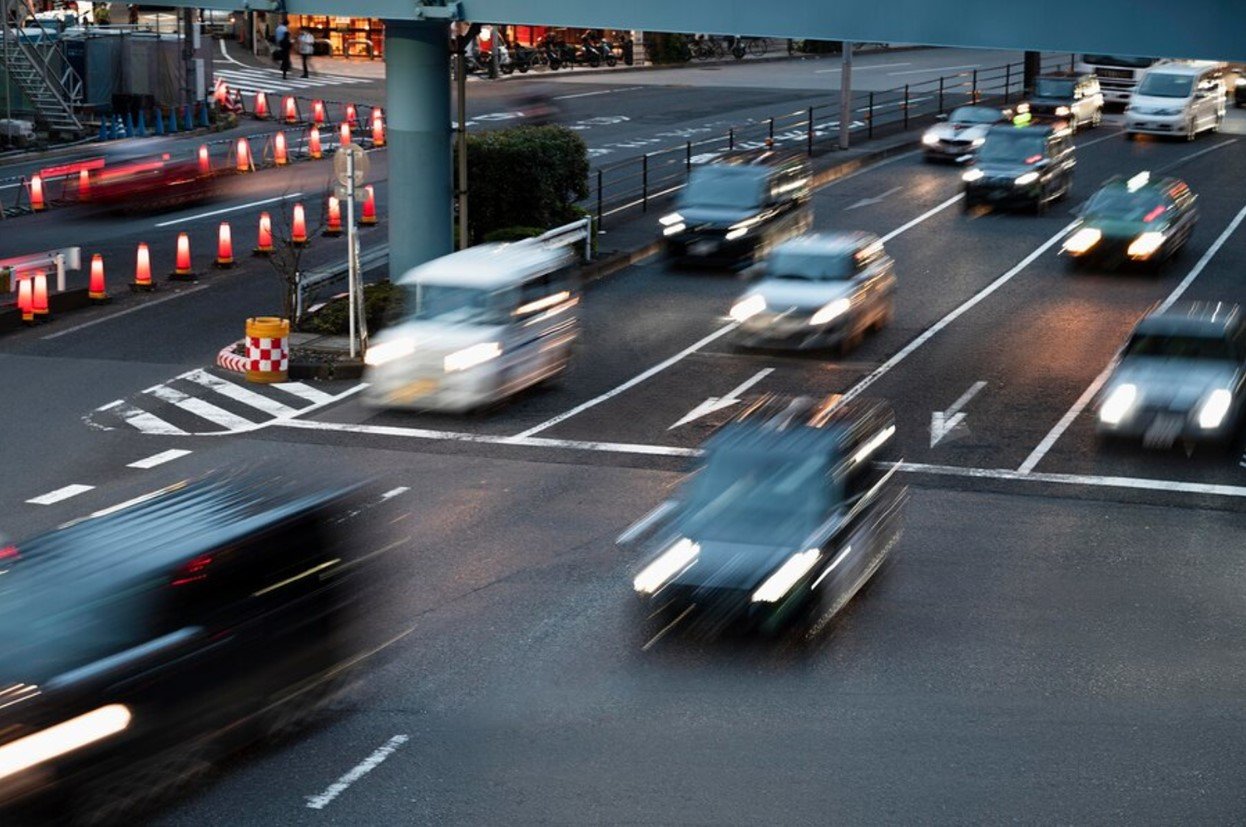
Source: Freepik
The majority of significant projects are expected to have agreements in place by January 2025.
Kamala Harris and the Highway Removal Push
Vice President Kamala Harris has been a vocal supporter of the highway removal initiative. In April 2024, she visited Atlanta to promote a $185 million grant aimed at building a cap over a downtown freeway.
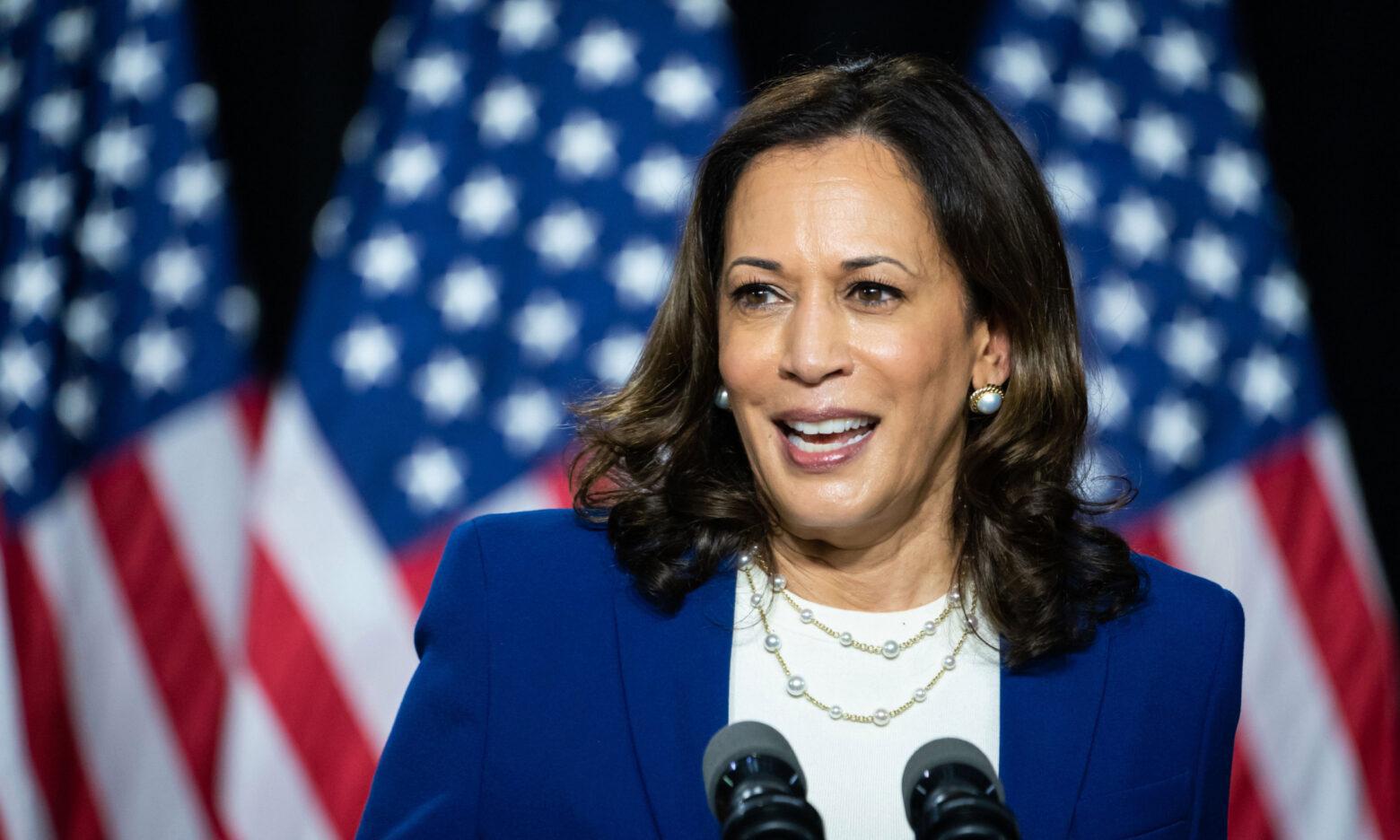
Source: Wikimedia
This project seeks to reconnect a historic African-American neighborhood with the city’s business district, highlighting the administration’s commitment to racial equity in infrastructure.
Local Perspectives
For many in cities like Rochester and Syracuse, the highway removal projects represent an opportunity to correct past injustices. Local activists, such as Shawn Dunwoody of Rochester, emphasize the importance of community input in these projects.
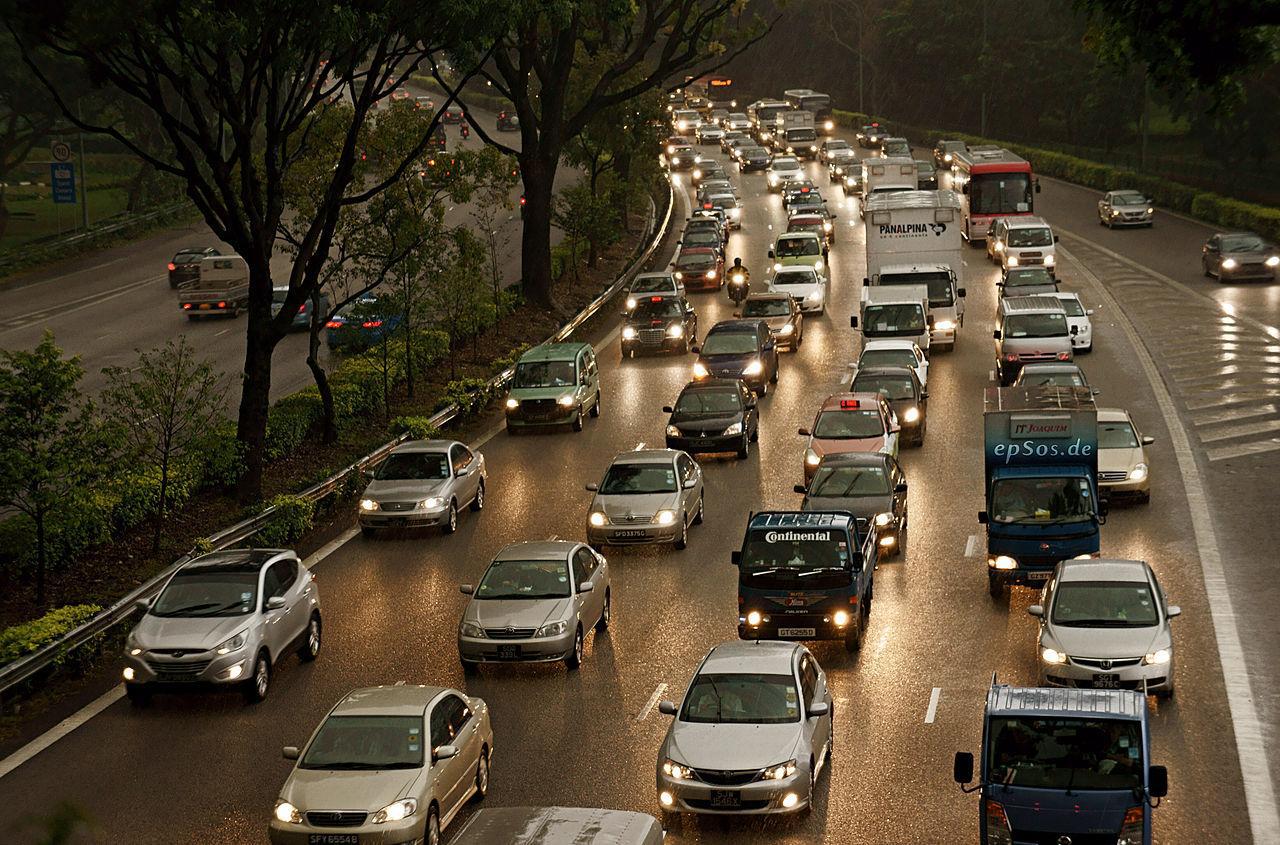
Source: Wikimedia
“These neighborhoods were destroyed,” Dunwoody said. “Everyone got treated the same—poorly.” The projects aim to restore not just infrastructure but also community trust and cohesion.
Broader Impact of Highway Removal Projects
Removing highways can have broad economic and social benefits. In Rochester, tearing down a section of the Inner Loop created 7 acres of land for new development, adding over $250 million to the city’s tax base.
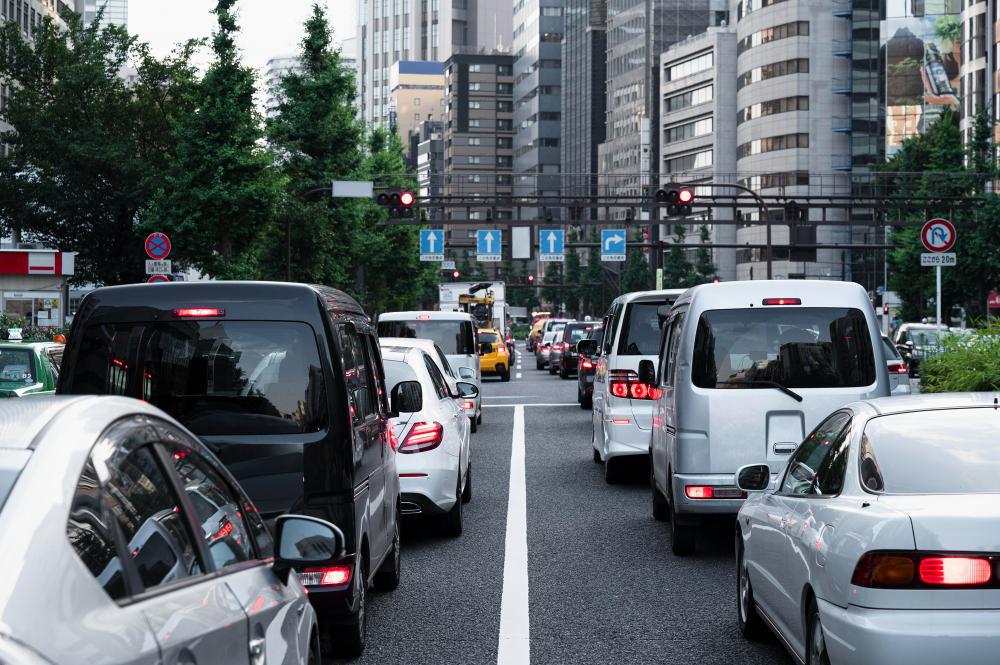
Source: Wikimedia
These projects offer a chance to increase urban density, reduce reliance on cars, and foster more sustainable city planning.
Mayer Proposes People Should Have a Say
After the success of the first highway removal project in Rochester, the city is attempting to line up another project that would tear down an even larger section of the Inner Loop.

Source: Freepik
According to Suzanne Mayer, who runs the nonprofit group Hinge Neighbors, the city must listen to the desires of its citizens, adding, “If the city fails to listen to the citizenship, they will have lost the chance, now and in the future.”
Future Challenges and Considerations
While there are significant benefits, the challenges are just as real. Funding delays, political opposition, and administrative hurdles have slowed progress.

Source: Freepik
Moreover, concerns about gentrification and displacement of existing residents pose potential risks to achieving the intended goals of these projects.
The Uncertain Future of Biden’s Bet
As President Biden’s term winds down, his bold bet on removing “racist highways” faces an uncertain future.
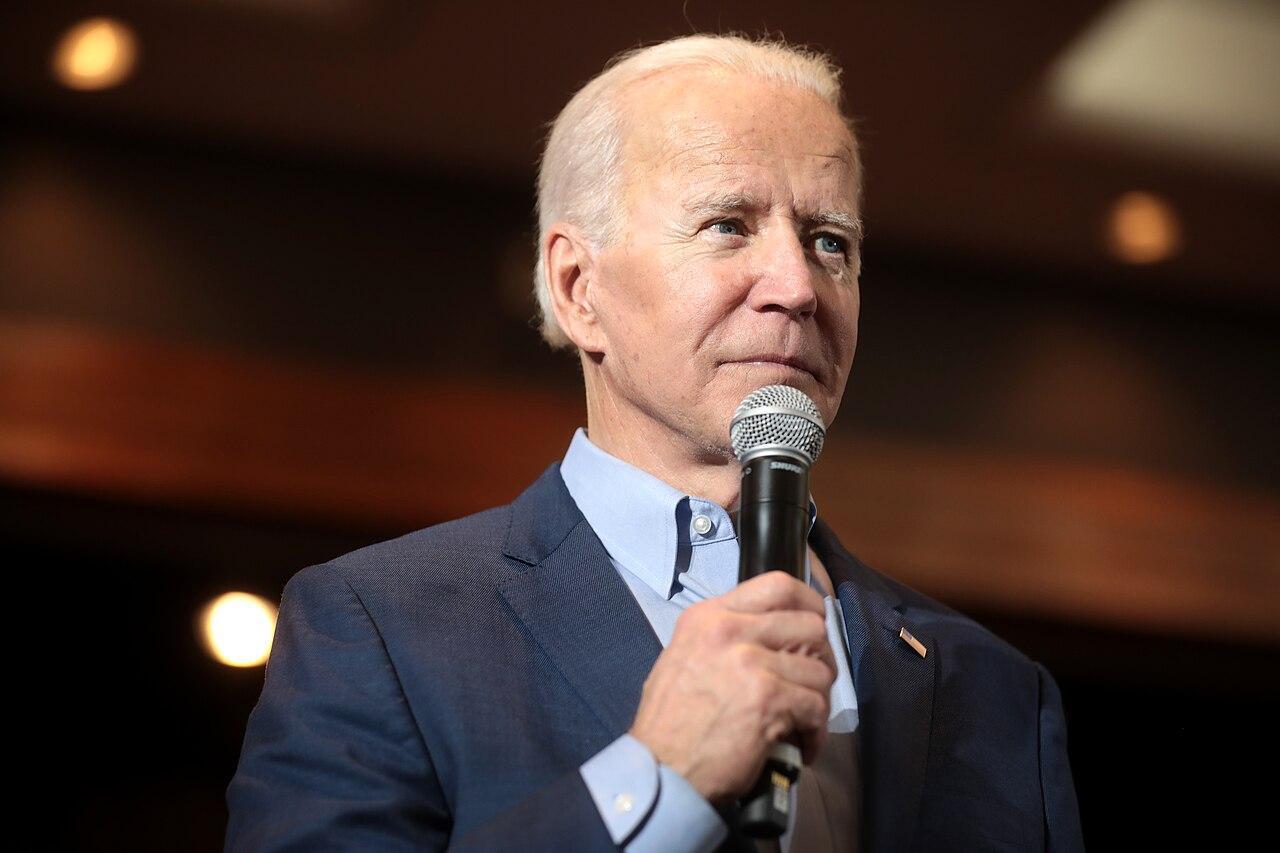
Source: Wikimedia
The slow pace of funding allocation, the possibility of political shifts, and the complexity of urban redevelopment all contribute to a challenging path ahead.
